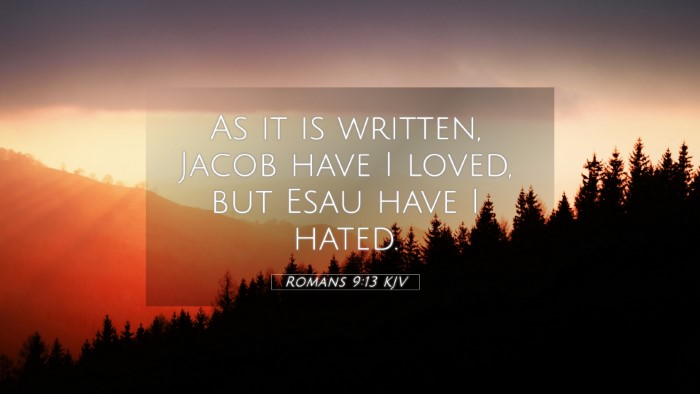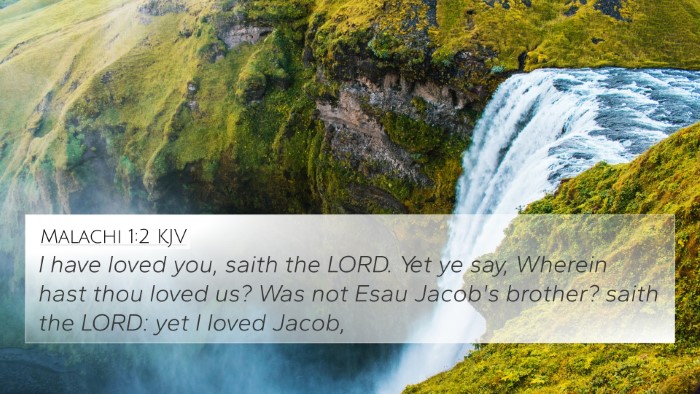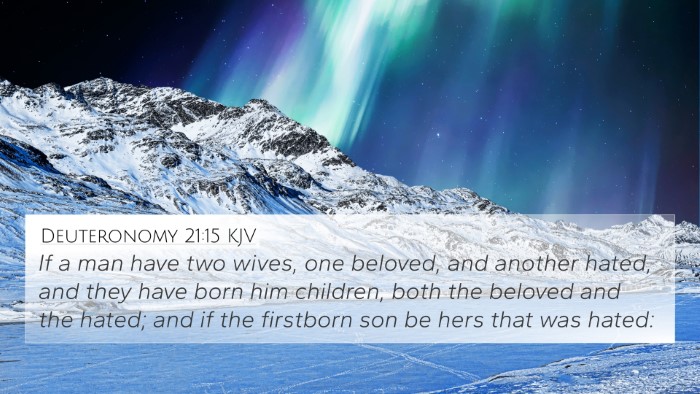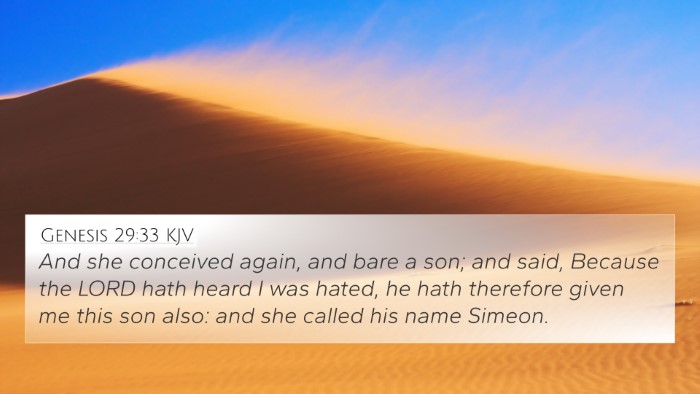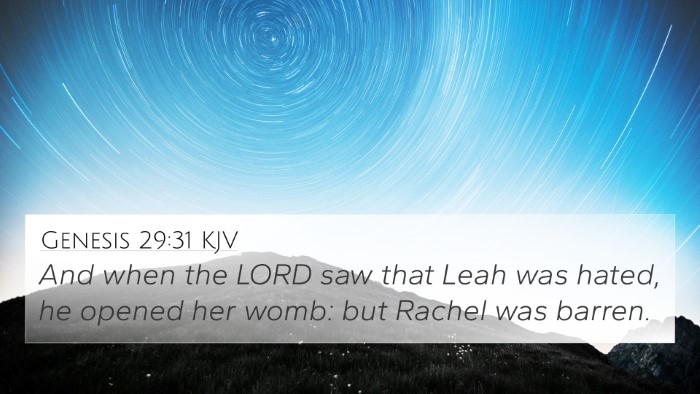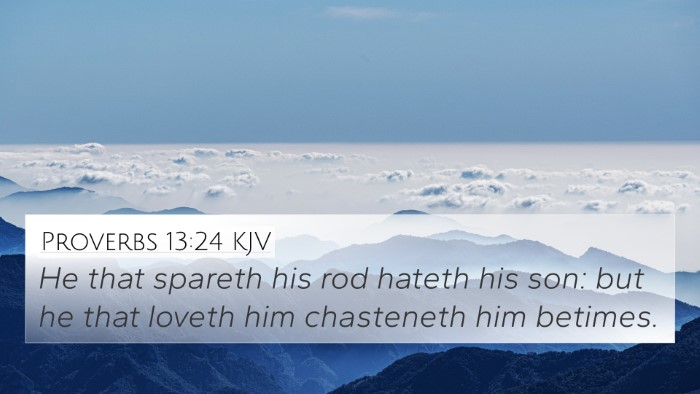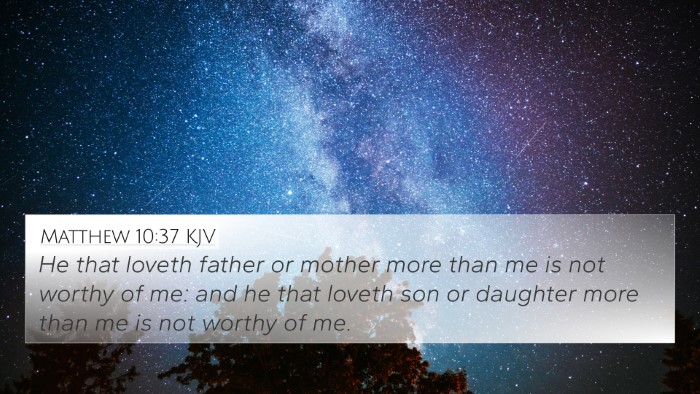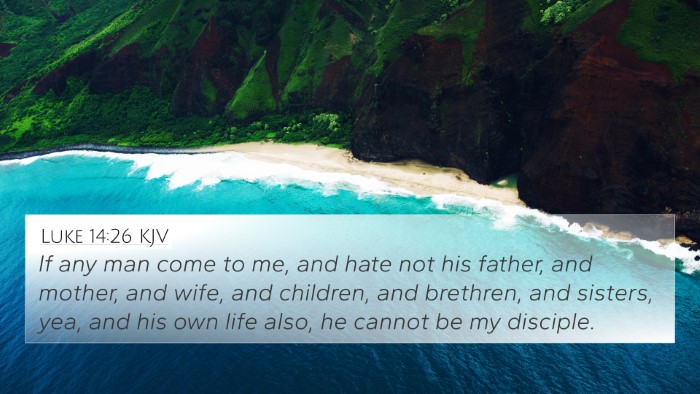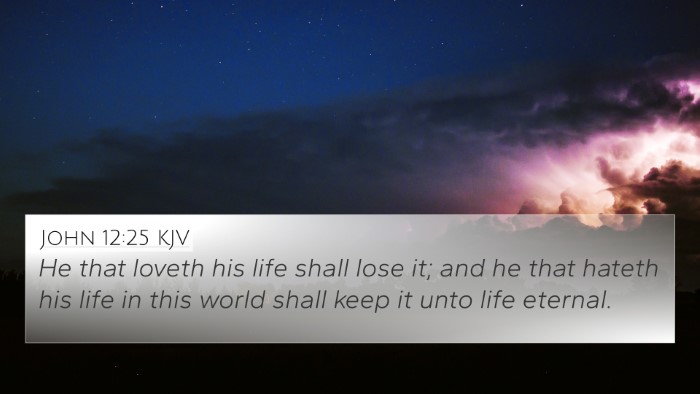Understanding Romans 9:13
Romans 9:13 states, “As it is written, Jacob have I loved, but Esau have I hated.” This verse serves as a significant theological statement regarding divine election and the sovereignty of God’s love and choices.
Summary of Commentary Insights
This verse has garnered extensive discussion among theologians and biblical scholars, particularly in the context of God’s sovereign choice and the implications of His love and judgment.
Theological Implications
1. Divine Sovereignty
Commentators such as Matthew Henry highlight that this verse exemplifies God’s right to choose whom He loves and blesses according to His divine purpose. This assertion of divine sovereignty indicates that God's choices transcend human understanding and merit.
2. Election and Rejection
Albert Barnes elaborates on the concept of election as presented in this verse, noting that the love for Jacob compared to the rejection of Esau illustrates the truth of God’s call. The passage reflects that not all individuals are chosen for the same purpose, emphasizing a selective love rooted in divine wisdom.
3. The Nature of God’s Love
According to Adam Clarke, the term “hatred” does not imply an emotional hatred in the human sense but rather signifies a rejection or non-election. Therefore, it speaks to God's choice to favor certain individuals or lineages for His purposes in salvation history.
Biblical Cross-References
To gain a deeper understanding of Romans 9:13, we can look at several cross-references that enrich its meaning:
- Malachi 1:2-3 - "I have loved you," says the LORD. "But you say, 'How have you loved us?' Is not Esau Jacob's brother?" This directly corresponds to the statement in Romans, reinforcing the theme of love versus rejection.
- Genesis 25:23 - "And the LORD said to her, 'Two nations are in your womb, and two peoples from within you shall be divided; the one shall be stronger than the other...'" This verse indicates God's foreknowledge of the destinies of Jacob and Esau.
- Ephesians 1:4-5 - "Even as he chose us in him before the foundation of the world..." This reflects the New Testament understanding of election resonating with the theme found in Romans 9.
- Hebrews 12:16-17 - Advising against profane behavior, this passage references Esau's loss of a blessing, illustrating the consequences of his choices and God's choices.
- Acts 13:48 - "And when the Gentiles heard this, they began rejoicing and glorifying the word of the Lord, and as many as were appointed to eternal life believed." This emphasizes divine appointment, mirroring the theme in Romans.
- Romans 11:5-6 - "So too, at the present time there is a remnant chosen by grace." This further expounds the idea of divine selection through grace rather than works.
- 2 Timothy 1:9 - "Who saved us and called us to a holy calling, not because of our works but because of his own purpose and grace." This mirrors the individual purpose ascribed to God’s choices outlined in Romans.
Thematic Connections
This verse engages in several thematic dialogues within the broader biblical narrative:
- Concept of Divine Choice - Exploring the theme of God's selective purpose from Old Testament narratives to New Testament teachings.
- Justice and Mercy - Understanding God’s attributes as both just and merciful through the backdrop of election and rejection.
- Faith versus Works - Analyzing the contrasts between reliance on human effort versus divine grace in salvation history.
Conclusion
In summary, Romans 9:13 is a profound declaration about the nature of God’s love and sovereignty. By examining the surrounding context and using tools for Bible cross-referencing, we can appreciate the richness of its meaning. The connections between Bible verses explore the depths of theological themes like election, grace, and the divine nature of God’s purposes.
Through comprehensive Bible cross-reference materials and guided study, individuals can explore the implications of divine election and its relevance to both historical and modern contexts.
Resources for Further Study
For those interested in delving deeper, consider utilizing a Bible concordance or a Bible cross-reference guide to explore additional verses that relate to Romans 9:13 and generate meaningful connections between biblical texts.

